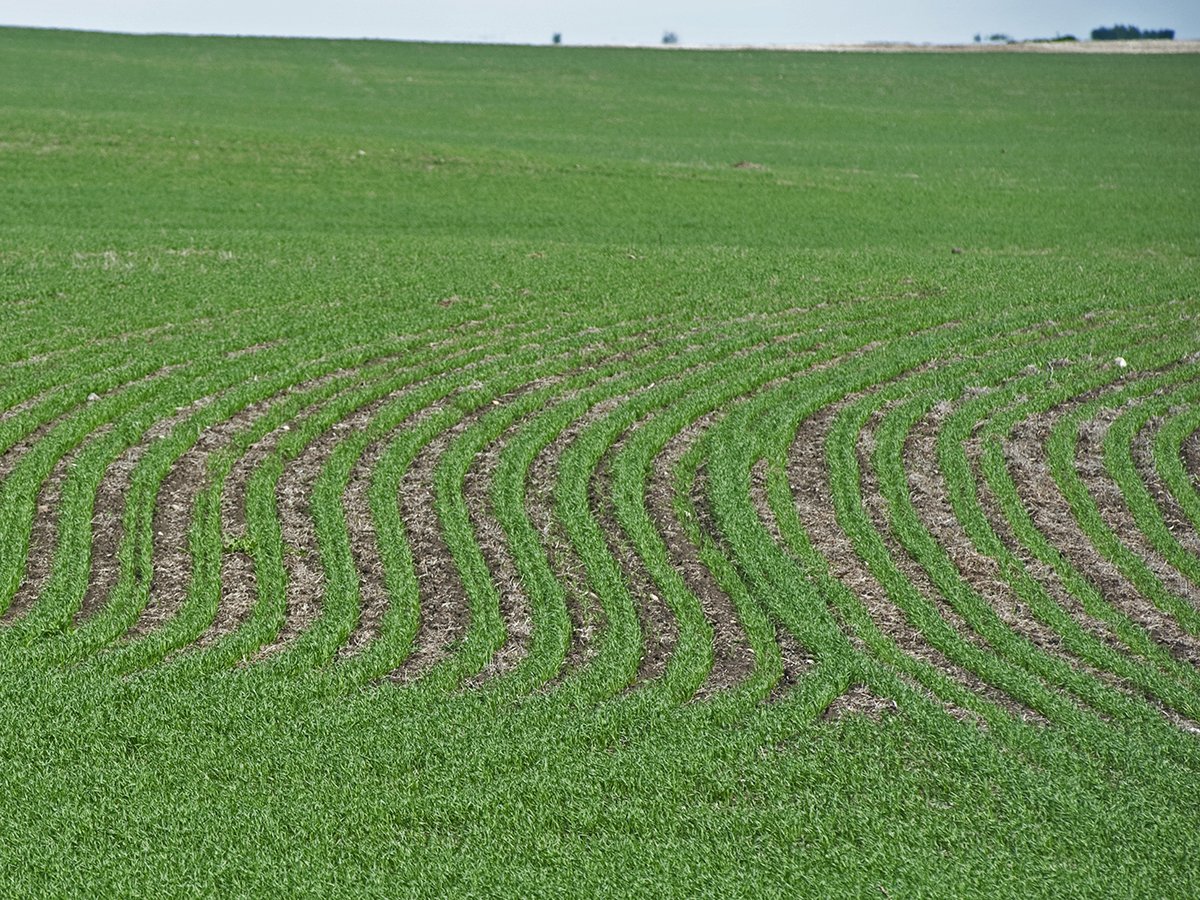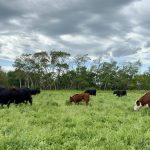Canadian flax growers will soon bear the full cost of testing their flax crop for the presence of genetically modified material.
Funding for the Flax Farm Stewardship program will end Feb. 28, says the Flax Council of Canada.
After that, the full cost of testing will be borne by farmers.
Will Hill, president of the Flax Council of Canada, said farmers are strongly encouraged to get their testing done now, while funding is still available and grain movement is slow.
“Get your testing done early and then you’ll be ready to go when (grain movement) improves,” said Hill. “I’m assuming we’ll get a fairly good push on by farmers to get their testing done prior to (Feb. 28) to take advantage of the funding that is available.”
Read Also

Rented farmland jumps 3.4 million acres in Saskatchewan and Alberta
Farmland rented or leased in the two provinces went from 25.7 million acres in 2011 to 29.1 million in 2021, says Census of Agriculture data.
The Flax Farm Stewardship program, in place since 2010-11, reimbursed farmers for 50 percent of the cost of a flax test, up to a maximum of $100 per test.
A test usually costs around $200.
Labs accredited to conduct the test are listed on the flax council’s website at www.flaxcouncil.ca.
Hill said the funding that is still available should be sufficient to cover all samples submitted by farmers be-tween now and the end of February.
Nonetheless, growers should submit their samples as early as possible to avoid disappointment.
“We think we have enough (funding) to run a program of the size that we have in previous years,” he said.
Testing of commercial flax at the farm level was a key part of the flax industry’s overall plan to detect the presence of GM material and ensure that commercial flax supplies destined for GM-sensitive markets were free of the GM variety CDC Triffid.
Hill said producers will be required to continue testing flax at the farm level for at least another year.
After that, the industry will reassess the situation and decide if farm level testing is still required. Hill said commercial level testing of flax in rail cars and bulk cargoes will continue until the industry is reasonably sure all traces of Triffid have been eliminated from the Canadian flax supply.















